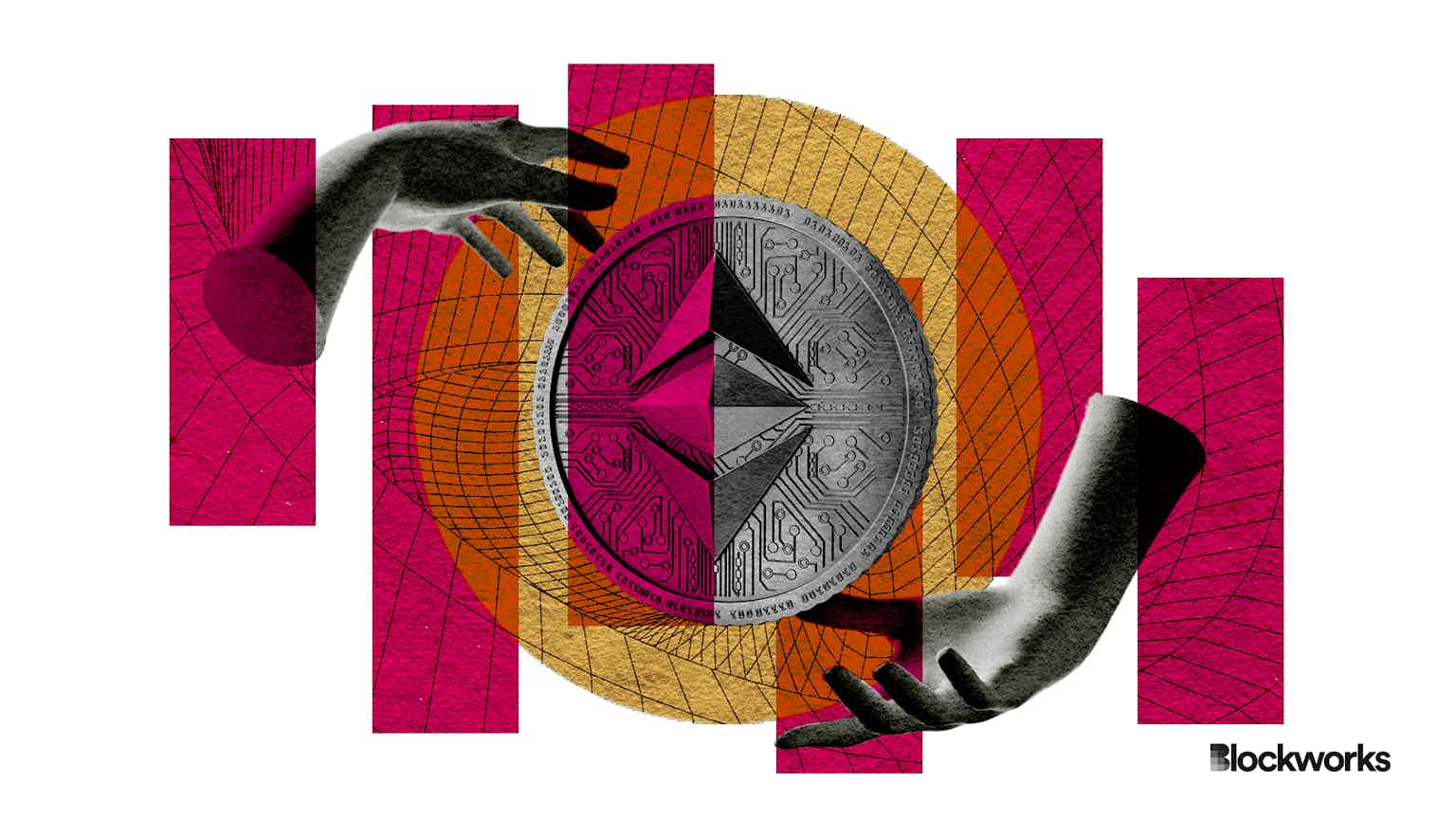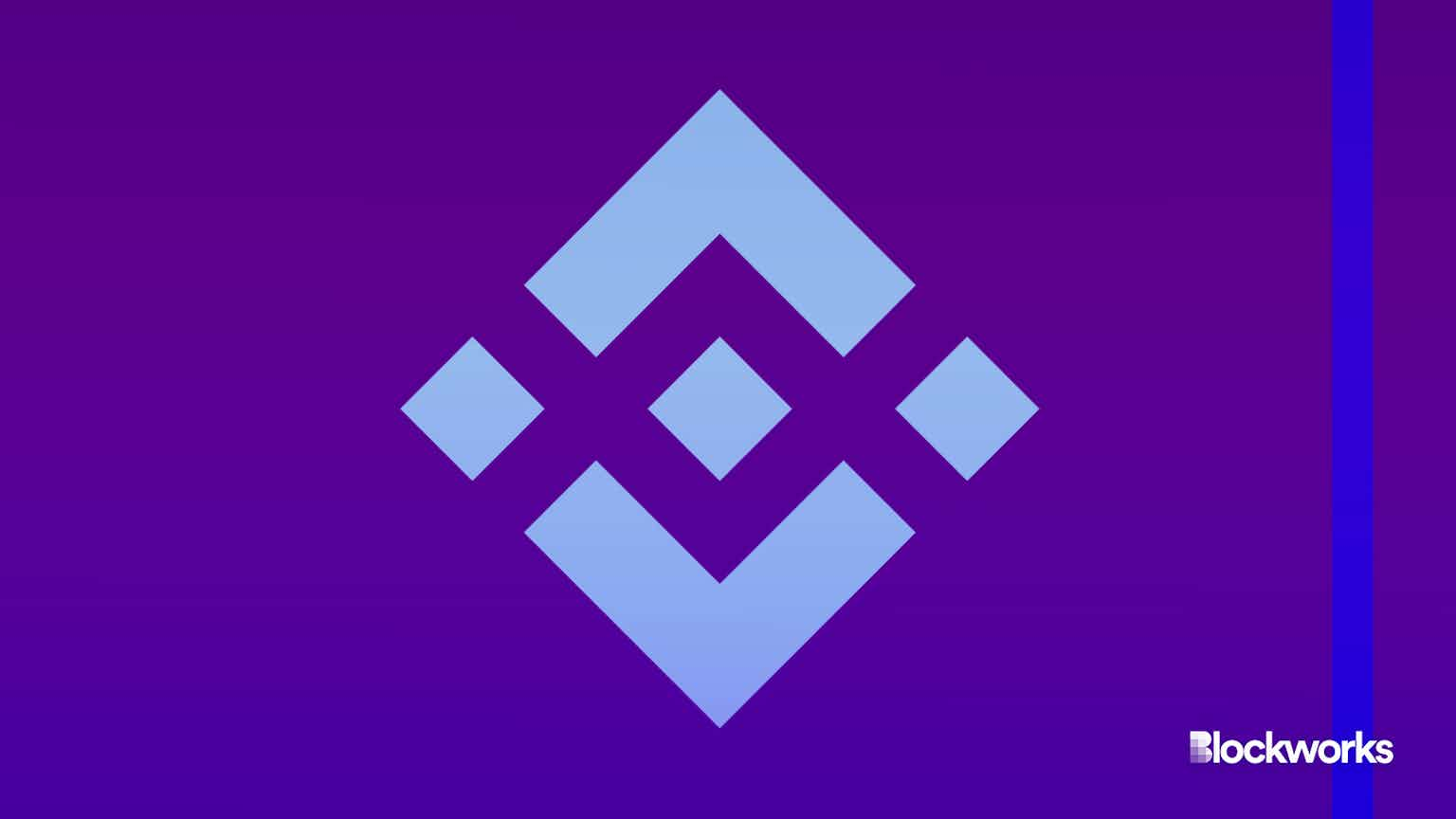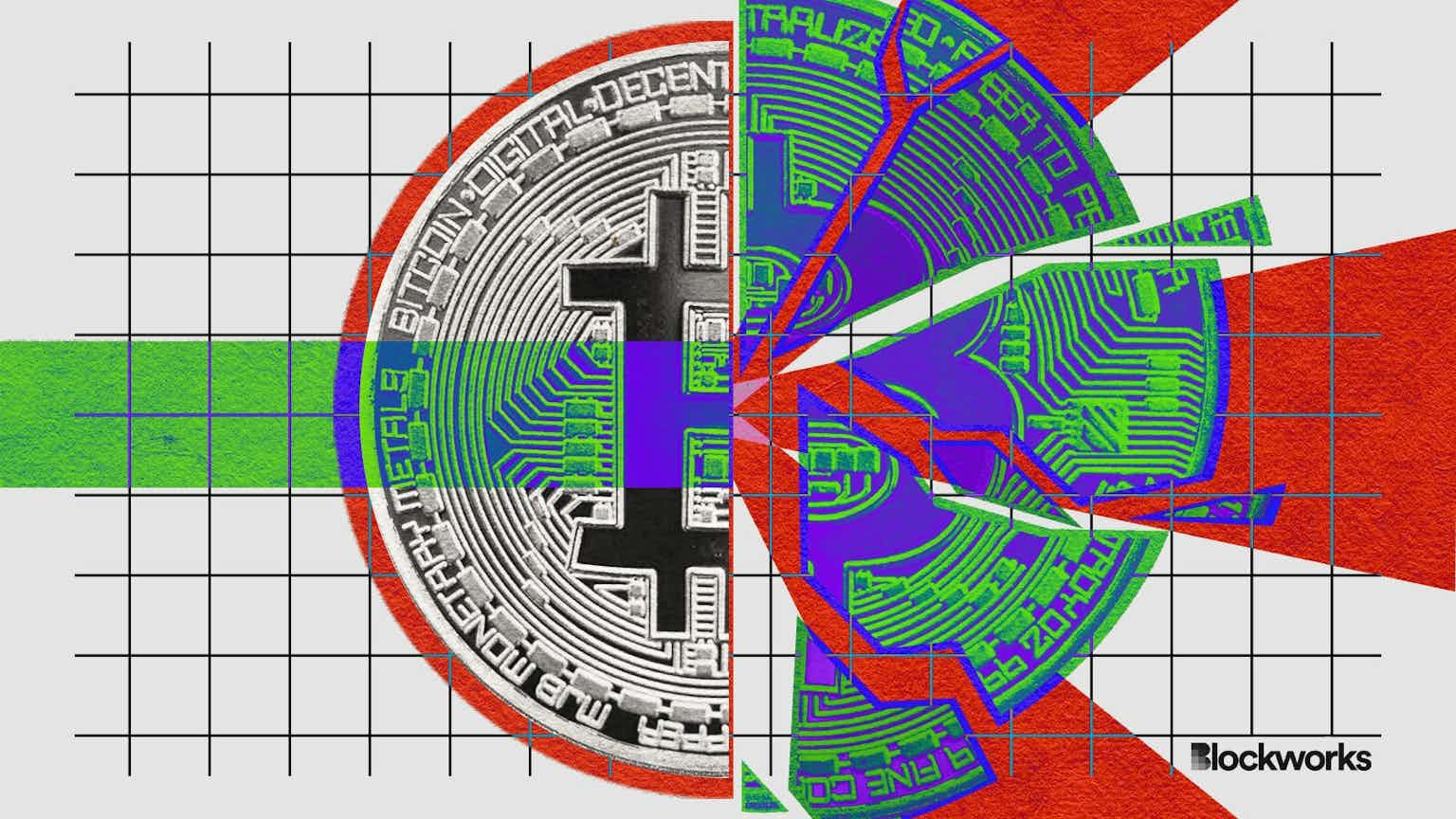What Crypto Winter? The Demand for Finance Talent is Booming
Despite claims of a crypto winter, the industry needs more finance talent to fix accounting mistakes from the bull market and build for the future

Blockworks exclusive art by axel rangel
key takeaways
- In July, LinkedIn reported a 5.4% drop in national hiring and an additional 1.5% drop in their August report
- Even though this signals that tighter financial conditions are hitting the labor market, it doesn’t imply that the appetite for crypto finance talent is gone
The experts at PolySign and its affiliated companies told Blockworks the demand for finance talent is here to stay. The digital asset fintech company has a unique perspective on this trend because it recently acquired MG Stover, a full-service fund administrator.
When asked if this demand is connected to an institutional “buy the dip” moment, Matt Stone, recruiting manager at PolySign and MG Stover, said it stems from more of a “buckle up and build” mindset. They know that even though institutional interest is growing, digital asset infrastructure needs builders regardless.
Crypto funds need skilled financial professionals
Just a few months ago, the labor market was in a worker shortage. And when it came to crypto, Gary Newlin, senior director of business development, said that “the talent acquisition was really challenging. Very few people had the breadth of knowledge of digital assets, plus accounting and/or finance. Even though hiring is down from all time highs and there is news about layoffs, these limitations in the talent pool still exist.”
“A lot of the problem comes down to that — there are just too few individuals with the right skills who also understand crypto. Newlin explained that “when you think of traditional finance (stocks, bonds, commodities), there are professionals that understand accounting, reporting, compliance and record-keeping. It is an extremely limited pool when applying those same principles to digital assets.”
Learn more: The Top 3 Trends in Private Funds That Deal in Digital Assets
Recruiters like Matt Stone have first-hand experience with this finance talent shortage. He competes with fund administrators in both crypto and traditional finance. And he attests to the fact that the pool of experienced talent interested in transitioning to or already in digital assets is still small. And while he recognizes that the potential of a recession may offer him a reprieve, any break will be short lived.
Pat Clancy, head of digital asset strategy at PolySign, offered more insight into the macro forces at play. He explained that “in the previous cycle, everyone got easy access to cash due to frothy valuations and accelerated funding. As a result, digital asset managers and portfolio companies tried to ramp up and scale very quickly. This created an accounting nightmare.”
In addition to clients looking to execute a market entry strategy, some administrative challenges still need to be untangled from the previous cycle. As Pat put it, “Funds are deploying capital to solve data integrity and compliance issues.”
The need for savvy fund administrators like MG Stover has never been greater, but they also need finance talent that is fluent in investment funds and digital asset technology. Clancy gave a relay race analogy: “Funds are looking for the talent that can hand the relay baton to us.” They need people who can speak the same language as the service providers for full accounting compliance.
But talent isn’t the only challenge on this front. Digital asset accounting needs data standardization across the board. For example, exchanges don’t all use the same tickers on their platforms. This creates a major headache for accountants, regardless of their crypto expertise.
Learn more: The Importance of Data and Standardization Within Digital Assets
Fortunately, some groundbreaking firms are establishing new practices and working to educate professionals. According to Josiah Reich, senior director of hedge fund client services, “We feel like we pave the way for best practices in the industry. So, we’re teaching traditional finance people how to account for a digital asset as an investable asset class. Everything that we do for our crypto funds and traditional long/short equity, we’re applying those same principles to a crypto hedge fund.”
In fact, MG Stover is taking a significant role in creating new crypto talent by hiring “apprentices” in the industry. Rather than wait for talent to arrive, the team takes a proactive role in helping individuals gain the necessary skills and knowledge. Matt Stover, founder and CEO of MG Stover, said that “another way we’re attracting talent to the firm is through a crypto apprenticeship of sorts. We want to promote and recruit people for two or three years and then help them find opportunities with our clients — some of the most sought-after jobs in crypto finance.”
From humble tech beginnings to the burgeoning financial industry
Matt noted that digital assets began with cryptographic computer engineers that had a vision of building technology that very few people understood. Therefore, it’s not surprising that people with the right skills and knowledge are hard to come by. As Matt put it, “There is still a large knowledge gap as a lot of this started with crypto enthusiasts. Blockchain developers were able to pick it up quickly, but the accounting and finance community had a longer learning curve.”
“MG Stover is focused on training the traditional finance professionals that want to be part of the fastest growing asset class in our generation. Our goal is to push the asset class in the right direction and hopefully accelerate career growth for the individuals participating in the digital asset ecosystem.”
Of course, this is changing, albeit slowly. As more and more people begin to understand crypto and recognize the relevant career opportunities, hopefully, there will come a time when education and workforce trends swing in the corresponding direction.
Matt Stone hinted at this when he said “graduates in finance and accounting aren’t leaving their business programs with a focus in crypto. I think more and younger people want to get exposure, and they’re investing in it. They’re not thinking of it as a career opportunity, but there are legitimate career opportunities in the digital asset private fund space.”
This content is sponsored by PolySign.
Don’t miss the next big story – join our free daily newsletter.





